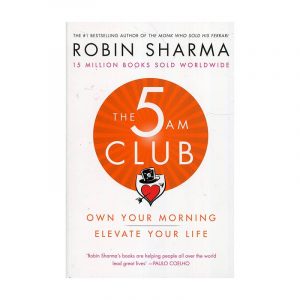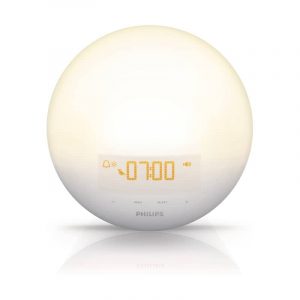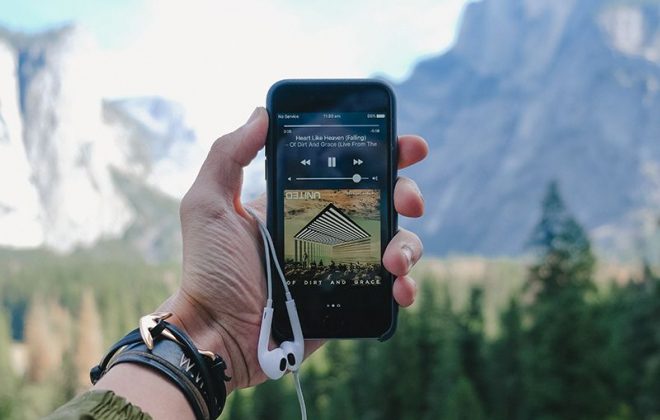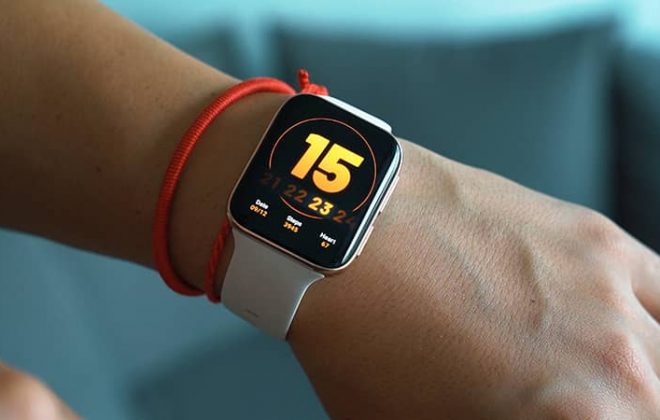5AM Morning Routine – Best Habits For A Productive Mornings
I used to be one of those people who stays up until midnight only to find himself aimlessly surfing the internet. The next day I’d wake up late and rush to leave on time. As an experiment, I tried to create and follow a 5AM morning routine for a while to see if it changes anything.
After all, I already had good experience with training in the morning, why not take it one step further?
At first I tried taking my two ‘unproductive’ hours between 10PM & midnight and shift them to the morning (6AM to 8AM). Within days I found myself to be less stressed throughout the day and generally in a better mood, because I already did all of the personal stuff early in the morning.
Soon enough 6AM became a 5AM morning routine and I stopped dreading mornings. Instead, I was looking forward to enjoying my personal time.
Decision fatigue is a real thing
Have you ever wondered why fruits & vegetables are placed at the entrance of a supermarket and candy bars at the exit? The reason is the same as why people snack or skip training sessions in the evening – decision fatigue.
The amount of energy our working memory can use (the willpower) is limited, so we can’t focus and make decisions indefinitely. Once we use up our ‘decision capacity’, we resist to make any decision – either ignore the situation or act impulsively (without thinking much).
At the entrance of a supermarket we’re open to make healthy choices. But, as we make our way through the store, we make hundreds of choices (what to eat for dinner, which brand/flavor to get, how much, how expensive, etc.). By the time we reach the exit, we’re exhausted from making decisions to the point that we end up buying what we don’t need.
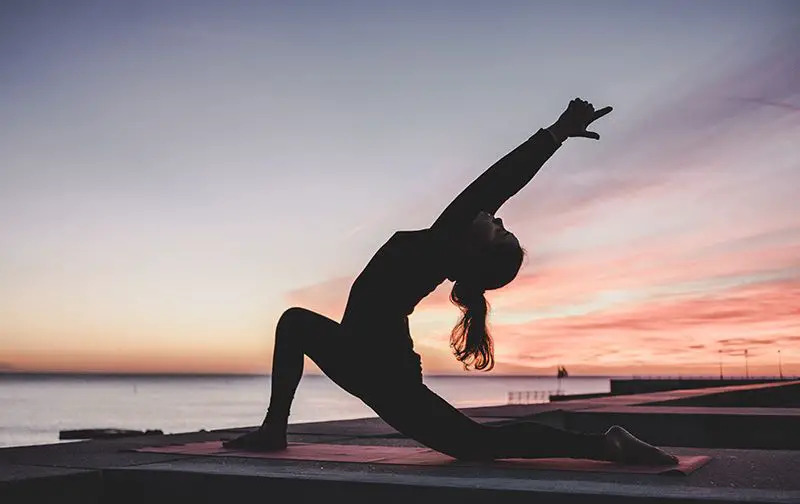
The same principle applies to any area of life. Eating healthy, exercising, studying, etc. Our willpower peaks in the morning and we gradually use it up throughout the day, like a battery.
So, it makes total sense to free up some time in the morning for these good habits while there’s capacity to make a change to the lifestyle.
Morning routine leads to a more productive morning
For most of the people mornings are hasty – there’s so much to be done with so little time. Get up, decide what to eat for breakfast, what to wear, pack, etc. No wonder so many people dread those. All of these decisions and activities build up a lot of stress that ultimately drains the willpower and sets a rushed mood for the day.
However, it’s best to save that energy for more important decisions throughout the day, like eating healthy or exercising.
Ironically, the less effort we spend thinking, remembering what to do and rushing – the more effective we are.
Systems, schedules, plans and routines are all great ways to eliminate unnecessary decision making and automate good habits. Like having a weekly breakfast plan, deciding what to wear the evening before, laying out training clothes for a morning run. And so on.
Personally, I noticed that waking up last minute and rushing through the morning without a plan carried over to the rest of my day. I felt half-woken up until lunch, always had a feeling I forgot something and overall was floating through the day waiting for the weekend to enjoy a ‘calm’ morning.
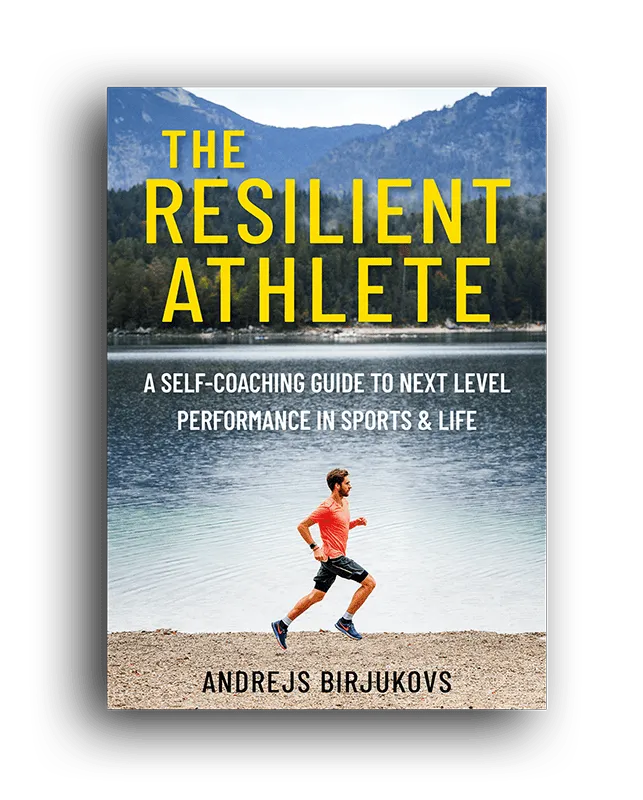
The Resilient Athlete
A Self-Coaching Guide to Next Level Performance in Sports & Life
Are you aiming to become a resilient athlete who is able to withstand any pressure? Be able to jump on any opportunity? Take any challenge life throws at you head on?
Then this book is for you.
Learn moreBest morning habits
My 5AM morning routine gave me plenty of time and structure. I immediately started to feel more productive and less stressed out throughout the day.
So, why wake up early in the first place? And what do you spend all that time on?
Warm up & exercise
The best way to stay consistent with training is to do it first thing in the morning. There’s always a high chance something will come up during the day. Meetings can run late, traffic jams, dinners with friends. More often than not evening training session are skipped or cut short as a result.
Training in the morning totally removes any excuse for not being active or healthy. Arguments like ‘I have no energy left after work’ or ‘I have no time’ just don’t work anymore.
In addition to that, our physical energy peaks in the morning when we’re rested. So, training in the morning provides the biggest training benefit. It doesn’t have to be a hard session. Even 10-15 minutes spent daily on mobilizing the muscles and joints or doing yoga will do wonders for overall well-being.
During my Ironman training I did most of my training in the morning before work. On many occasions I was able to squeeze in a recovery session in the evening, making it a double day.
Related: Early Morning Training – Athlete’s Secret Time Management Weapon
Meditation
Meditation is a very powerful practice that teaches to control the mind and thoughts. It teaches to focus on what you intend to focus, as well as fight distractions, negative thoughts and resist bad habits.
Practicing it in the morning helps to start the day right and improves the skill much faster, as you learn to control an already calmer mind. Starting slow is very important in this case.
I personally found the Headspace app to be the best at starting with this practice. After just a month of daily practice (10 minutes each morning) I noticed I was able to focus and fight distractions better. The app’s gaming approach is also great at making you stick with the practice.
Journaling and planning
Often, motivation and inspiration to do something comes from identifying smaller and easier actions. Planning helps to split complex tasks or long term goals into smaller actionable items and journaling helps to do the same with your thoughts & feelings – record and analyze them.
Both of these activities are great at creating change in life, but require ’empty space’ – time when you have no commitments and don’t need to do something. Morning is the best time for both. You have all the time in the world to think through the idea that just came into your head, act on the inspiration or just review the training week in a training diary.
Related: 5 Ways A Training Diary Helps Athletes Train And Perform Better
If the idea comes up throughout the day there’s usually not enough time to think about it and develop it, let alone to act on it. Instead, people tend to procrastinate or postpone the ‘creative process’ to a day when they ‘have more time for it’. By that time the inspiration is gone.
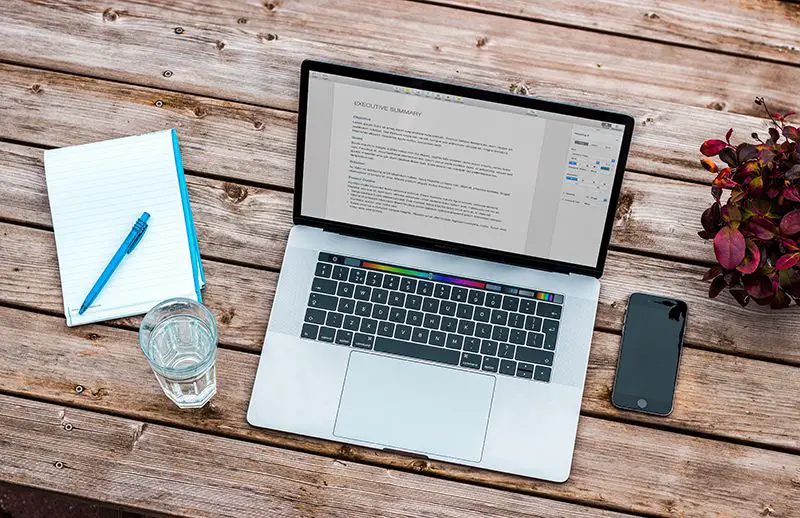
Self development
Morning is also the time to invest in yourself. Read a book or pick a course and study. 30 minutes every day can teach you a new language. What can social media teach you that’s more valuable?
I used to think I’m maximizing time by staying up late and doing everything in the evening. I thought in the worst case, I still have a full night ahead. The pattern I generally followed was to procrastinate for weeks and then rush and work through the night when my brain is tired. As I started doing a bit every morning, I found that it gives discipline, order and, most importantly, momentum. I’m simply getting more done.
Early morning is the time to find yourself and what inspires you. There’s no more excuse of not having enough time – it’s about what priority you put to yourself.
I used to think that I need a ‘psychological retreat’ in a calm exotic place, to figure out what I want in life.
I thought a retreat would help me to escape the hasty reality, calm down and think about what I want in life.
Turns out, the solution was much closer and cheaper. All I needed was an hour or so every day spent with myself, knowing that everyone is asleep and can’t distract me.
The best thing is that you can do this exercise every day and pick up where you left of, whereas you can’t escape to a tropical location as often as you’d want.
Things not to do in the morning
As much as good habits energize you, there are some that only drain energy and attention. It’s best to avoid them in the morning.
There’s one thing in common with those habits – all of them are external stimulants. The problem with them is that they don’t let you start the day on your terms and set the theme for the day. So, instead of asking yourself ‘what do I want to focus on?’ you start the day by asking the world ‘what others want me to focus on?’.
It’s a small but very significant difference. By looking at external stimuli first thing in the morning we respond to external events, instead of listen to what we want to do with our lives. To really take control of your day and life, avoid doing any of the following during your personal morning time:
- Read emails
- Check social media
- Watch TV (except self-development programs)
- Watch or read news
My 5AM morning routine
I tend to spend quite a lot of time in the morning on personal projects or working out, because that’s the only time of the day when nobody can distract me (since nobody is awake). Also, having something exciting planned in the morning really helps to wake up easily.
This is how my 5AM morning routine generally looks like:
5:00AM. Wake up, shower, glass of water. Small breakfast if an intense training session is planned – usually overnight oats.
5:30AM. Yoga, stretch or a general warm up. ~10 minutes of meditation.
6:00AM. Productive time and/or a training session
8:00AM. Breakfast
All in all, morning routine is an easy and powerful way to reduce stress throughout the day, improve productivity and ensure we stick to those healthy habits we planned for ourselves. The more unnecessary choices we can automate, the less decision fatigue we’ll have.
Did you find this information useful? Share the post with others using the buttons below.
Have an opinion? Share via links below and tag @theathleteblog
Tags In
Andrejs Birjukovs
GET A FREE TRAINING PLAN
Subscribe to my email list and get access to a free 4-week “back in shape” training plan
You’ll also get two full-body strength sessions and some other goodies!
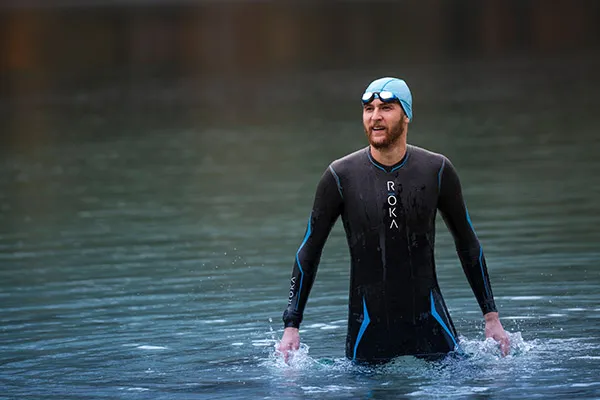
How did I get here?
Hey there! My name is Andrejs and I am here to inspire, entertain and get you fit for any adventure.
I went from being an over trained pro athlete to an endurance coach sharing how to listen to your body and live life to the fullest.
Traveling, new sports & activities brought new meaning to my training and made it much more effective, fun and enjoyable. And I'm here to help you do the same.
